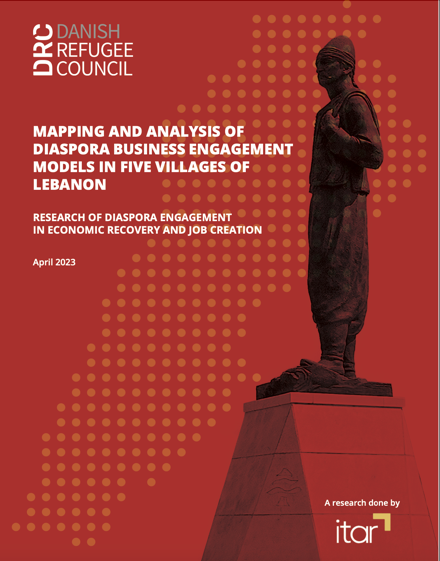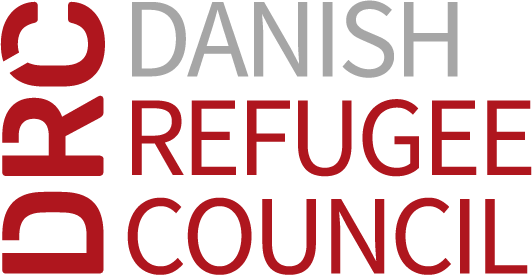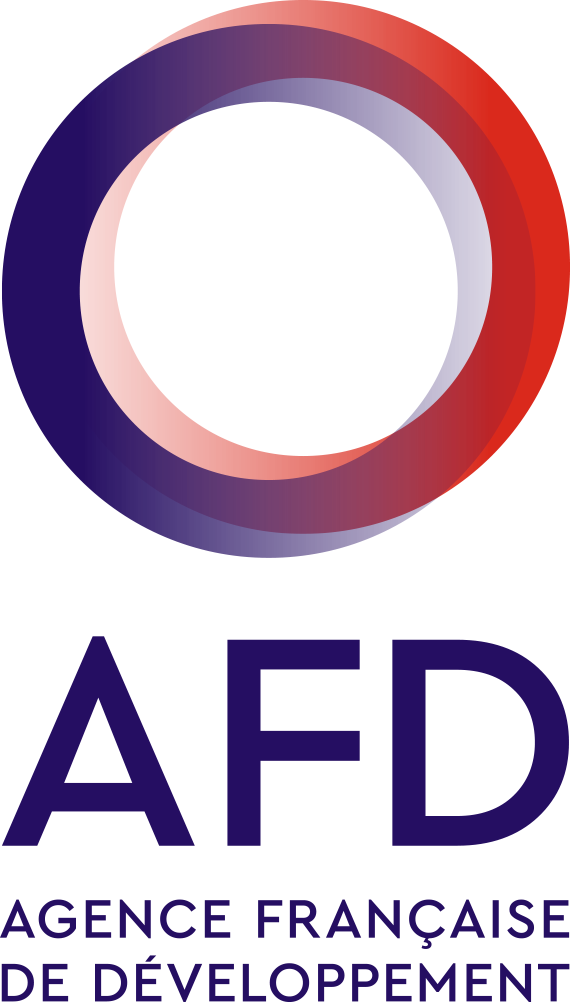As part of its global learning initiatives on diaspora engagement, the Danish Refugee Council (DRC) commissioned ITAR Consultants to conduct a comprehensive mapping of diaspora business engagement models in Lebanon. The study aimed to identify existing models of engagement to enhance DRC’s coordination with diaspora-driven businesses and support durable solutions for vulnerable and crisis-affected populations in Lebanon.
The research focused on five key localities around Tripoli and the Bekaa Valley, using a phased methodology:
- Scoping Visits: Initial interviews with key informants and intermediaries provided a preliminary understanding of existing diaspora engagement initiatives, allowing for refinement of data collection tools and sampling strategies.
- Baseline Mapping: A survey conducted across the five localities identified broad trends in diaspora engagement and categorized different collaboration models between diaspora investors and local businesses.
- In-Depth Analysis: Follow-up key informant interviews with local business owners and their diaspora partners—both in Lebanon and abroad—provided deeper insights into the financial, operational, and social impacts of diaspora investments.
The research resulted in a report evaluating the influence of diaspora investments and remittances on companies’ business operations, financial performance, and social outcomes. It also evaluated the broader economic and developmental impact of different engagement models, providing actionable insights to inform DRC’s future strategies in leveraging diaspora contributions for economic resilience in Lebanon.







